Have you been told that you are not a suitable candidate for LASIK but still wish to correct your nearsightedness, farsightedness and / or astigmatism? Are you frustrated with having to rely on prescription glasses or contact lenses every day just to see the world around you clearly? If so, you may be a suitable candidate for photorefractive keratectomy (PRK), an alternative to LASIK vision correction surgery.
WHAT IS PRK?
PRK is similar to LASIK in that it is designed to reshape the curvature of the cornea with the use of an excimer laser, thereby correcting the refractive error that is causing your vision problem. Although PRK actually came before LASIK, the vision correction results achieved with PRK are comparable to those achieved with LASIK.
THE DIFFERENCES BETWEEN PRK AND LASIK
The principal difference between the two procedures is that, with LASIK, New York City laser eye surgeon Sandra Belmont, MD, FACS, creates a flap in the top layer of the cornea to access the corneal tissue underneath whereas PRK does not. For this reason, Dr. Belmont often recommends PRK for patients with thin corneas that do not allow for the creation of a corneal flap and thus are not suitable candidates for LASIK.
The initial recovery period after PRK is slightly longer than with LASIK because it takes a few days for the body to regenerate new epithelial cells on the eye’s surface. With PRK, however, there is no risk of corneal flap complications, as there is with LASIK.
AM I THE RIGHT CANDIDATE FOR PRK IN NYC?
Scheduling an appointment with Dr. Belmont is the only definitive way to determine if you are an appropriate candidate for PRK or another type of laser eye surgery. However, suitable PRK candidates typically include those who:
- Have good eye health overall
- Have a stable vision prescription that has not changed for a minimum of one year before the procedure
- Are over the age of 18 years old if treating nearsightedness or 21 years old if correcting astigmatism
- Do not have an autoimmune or degenerative disease
- Are not prone to developing excessive scar tissue (keloids)
- Do not have any medical conditions that impede healing
- Are not currently taking certain medications such as Accutane or steroids
- Are not pregnant or breastfeeding
When PRK had just been approved by the FDA, there was a more limited scope of PRK eligibility. Only patients with mild to moderate nearsightedness were suitable PRK candidates. Now, however, most individuals are appropriate candidates for PRK thanks to the innovations in PRK and other approaches to advanced surface ablation (ASA). For the right patient, PRK is an excellent alternative to LASIK.
GIVE UP YOUR DAILY DEPENDENCE ON PRESCRIPTION GLASSES
Even if you are not a suitable LASIK candidate, you may still be able to give up your daily dependence on prescription glasses or contact lenses, with PRK. Dr. Sandra Belmont is capable of giving her NYC patients the proper treatment for nearsightedness and astigmatism with this LASIK alternative.
To schedule an appointment with Dr. Belmont to determine your PRK eligibility, please contact Belmont Eye Center by calling (212) 486-2020.

